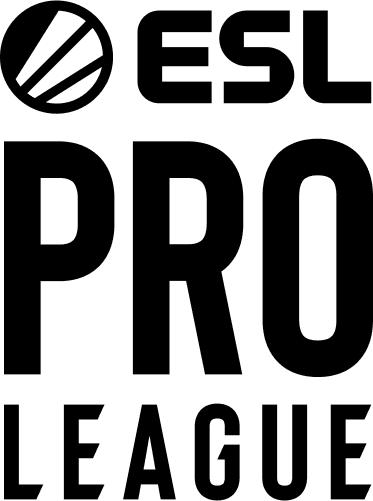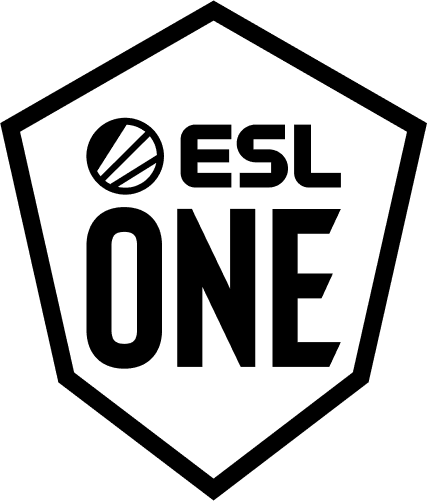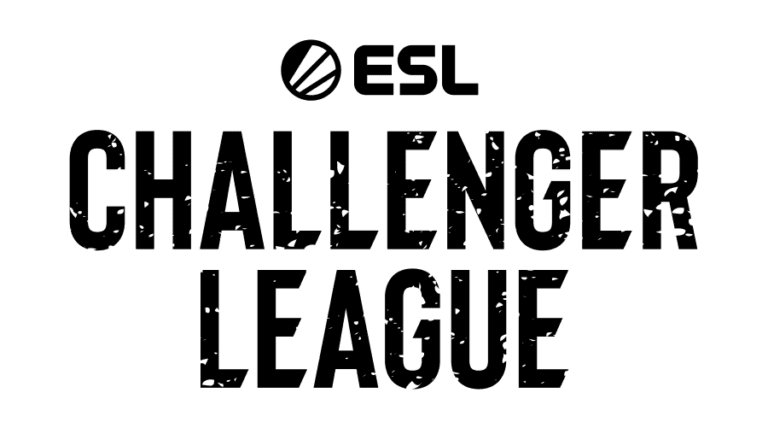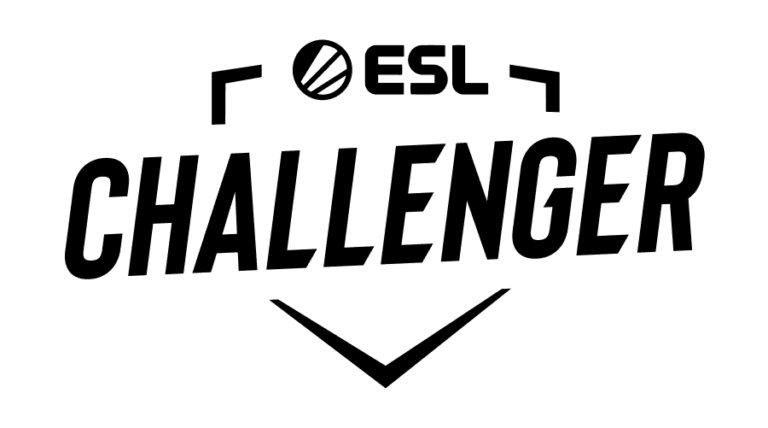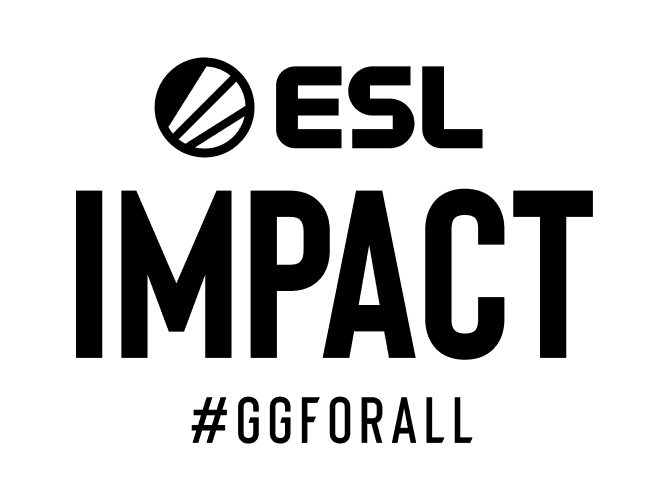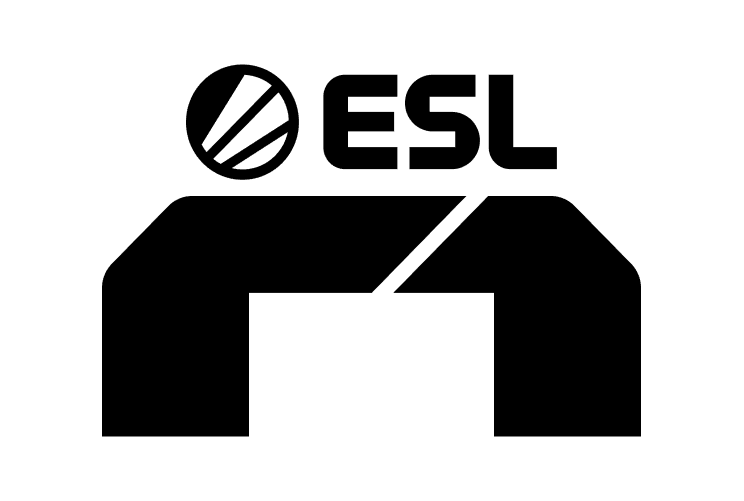For the third ever US$250,000 community founded tournament at Gamescom in Cologne we got a few very special changes heading your way. A new map pool and a new way to decide the maps to be played are now set to bring you even more action from ESL One Cologne 2014.
The new competitive map pool live in Cologne
Valve has decided to make changes to the competitive map pool, which was not only used for CS:GO’s matchmaking, but also for Dreamhack Winter as well as Katowice. Train, the most vetoed map during Katowice, has been moved to reserve, meaning it’s not completely out of the game, but not in for the big show.
New additions are Cache, Overpass and Cobblestone, which will all make their first “grand slam” appearance at the ESL One Cologne 2014 main event but not the qualification stages before. Cache has already been around for quite some time and now makes it to the list of official and competitive CS:GO maps. Cobblestone is the reinvention of good, old de_cbble. Being a pretty CT biased map back in the days of CS 1.6 and CS:S, the new version is set to break these memories. Last but not least, Overpass is also being picked as one of Valves original maps.
Both Overpass and Cobblestone had been released back in December, some days after the first US$250,000 tournament for community and offline play. Now, over half a year packed with improvements and testing, they are set to help extending the maps being played throughout the official tournaments.
With this updated seven map strong pool, we are looking to see a growth in variety of maps being played throughout the tournament. But as the map pool is extended, an updated veto system is required as well.
Veto: Focus vetoes will become more important
Besides public discussions about what a perfect map veto process might look like, we have been working on updating our routines and would love to introduce these changes to you. While teams in Katowice knew every map that was to be played in Bo1 or Bo3 right away, we are bringing a bit of randomness to the scene.
In Cologne, teams will keep vetoing or picking until only three maps are left. These three left over maps will be put into a random generator picking the map to be played in a Best of One series or the decider map in Best of 3 series.
The system works like this:
Best of One: Ban A - Ban B - Ban A - Ban B - Randomized map out of the three remaining
Best of Three: Ban A - Ban B - Pick A - Pick B - Randomized 3rd map out of the three remaining
Find all details about the tournament on the ESL One website or in our rulebook.
This randomized potential third map or even map to play gives teams new options and things to consider while banning maps. With train, the most banned map, out of the way, new options arise here. Do you either ban those maps that your opponents are known to be good at or do you ban the new maps which could be a good or bad choice for both teams.
How do you like these changes? What do you think will change at ESL One Cologne? Tell us in the comments right below!


